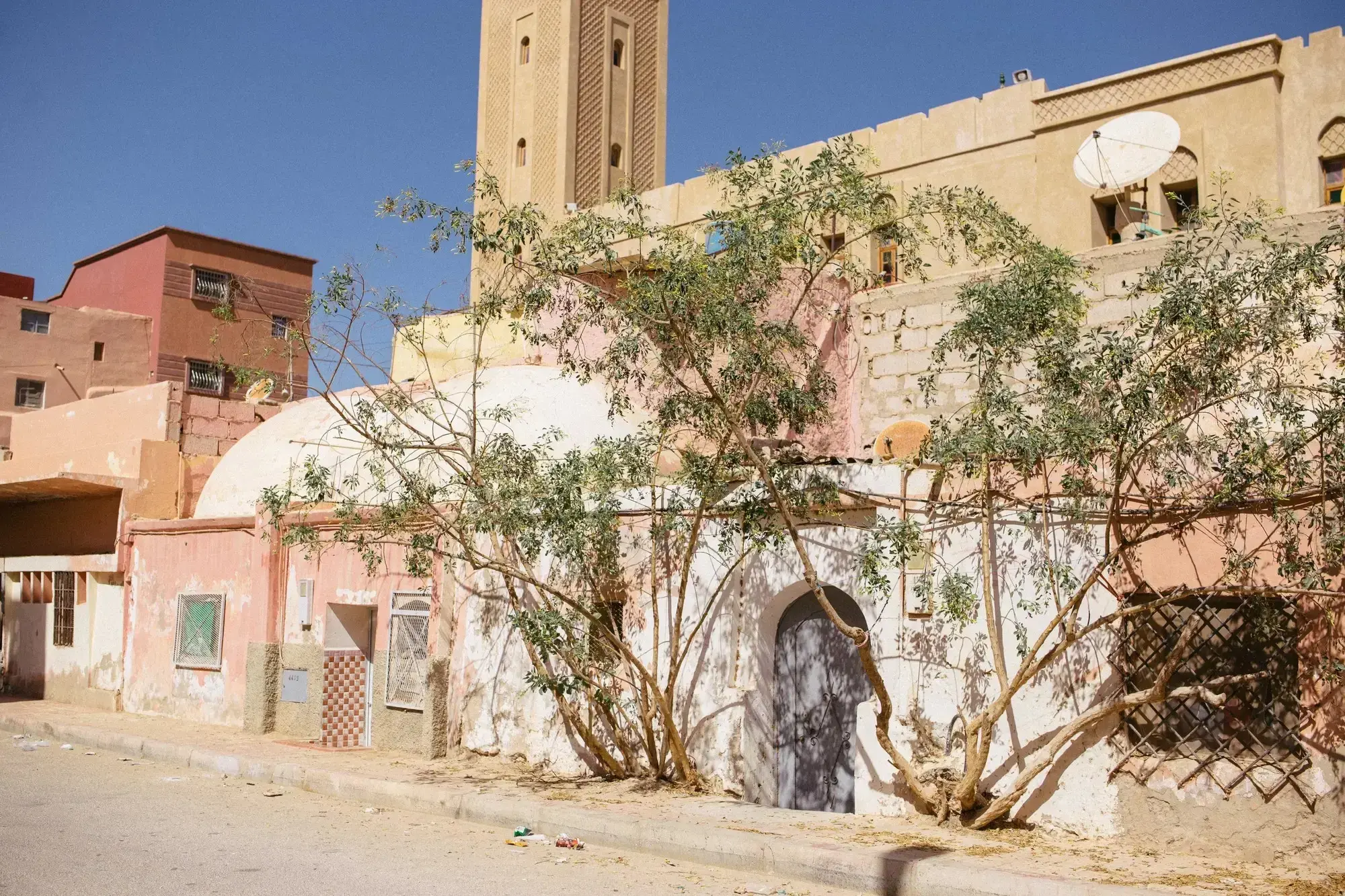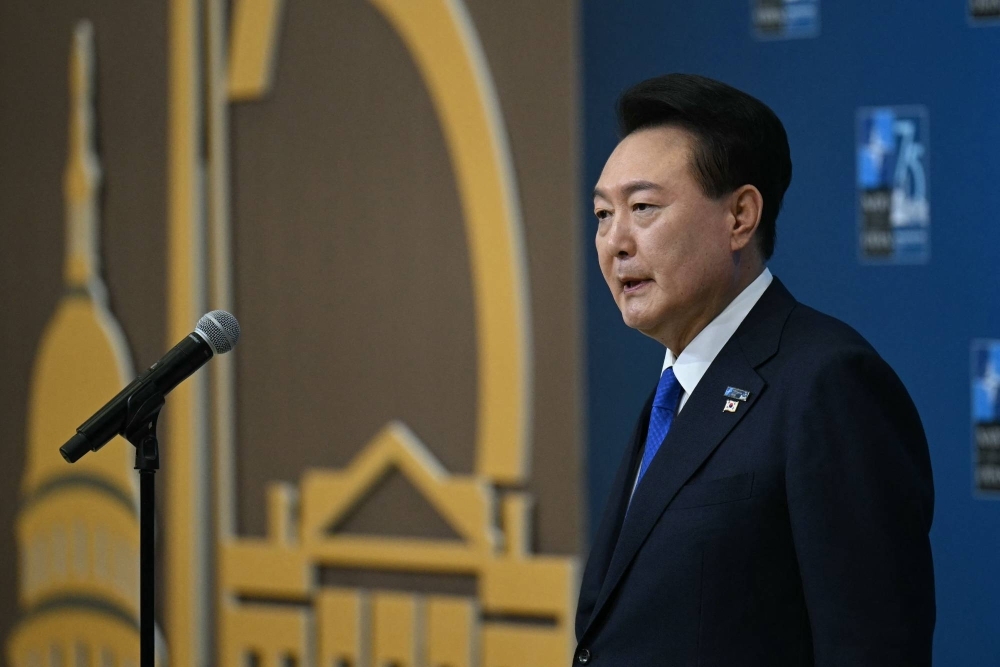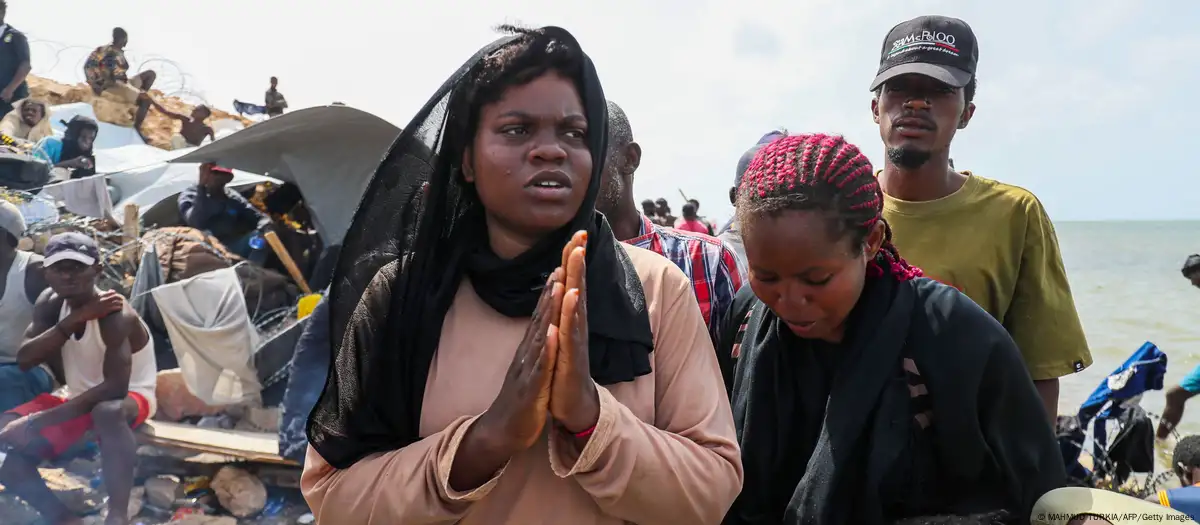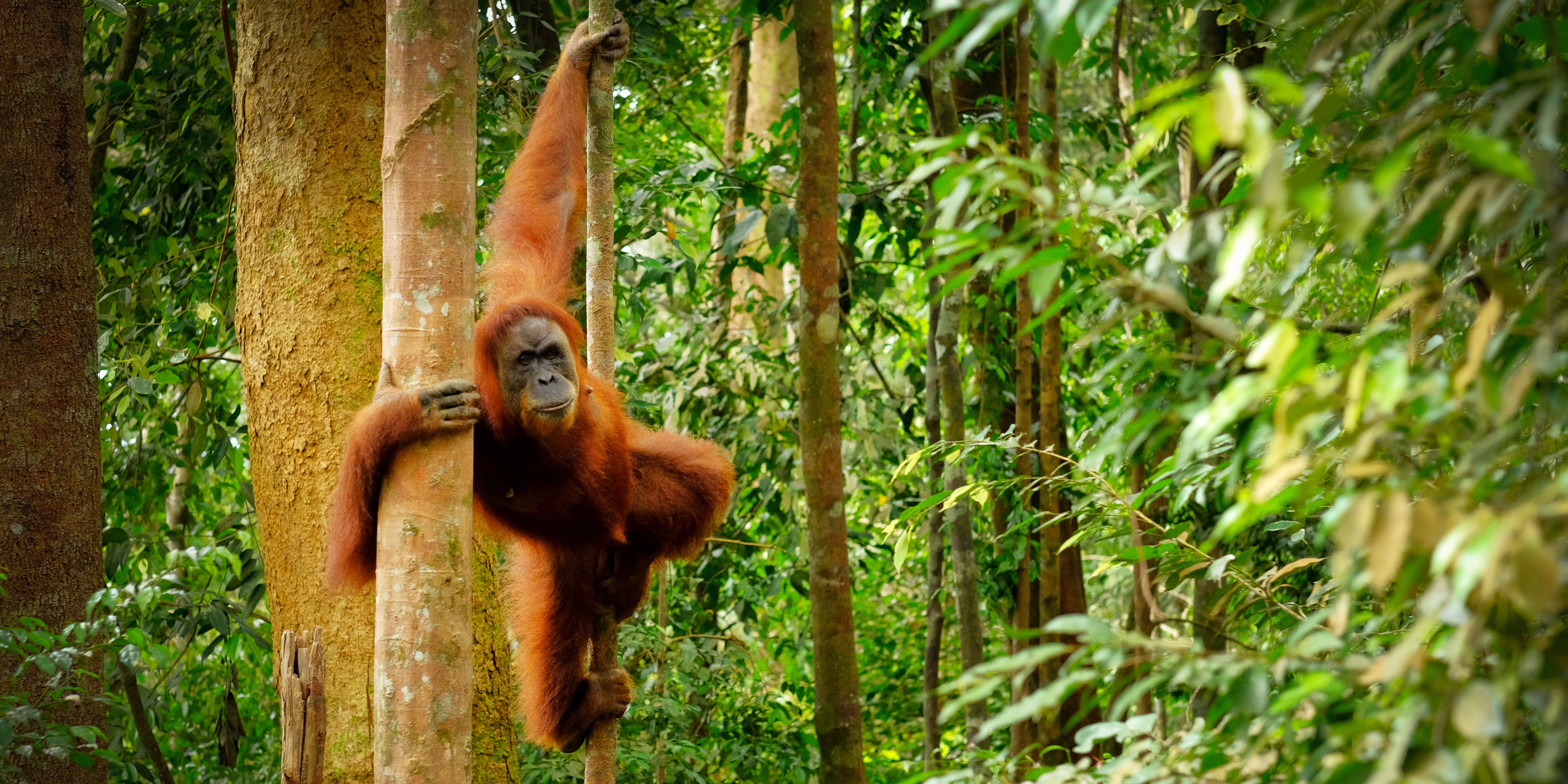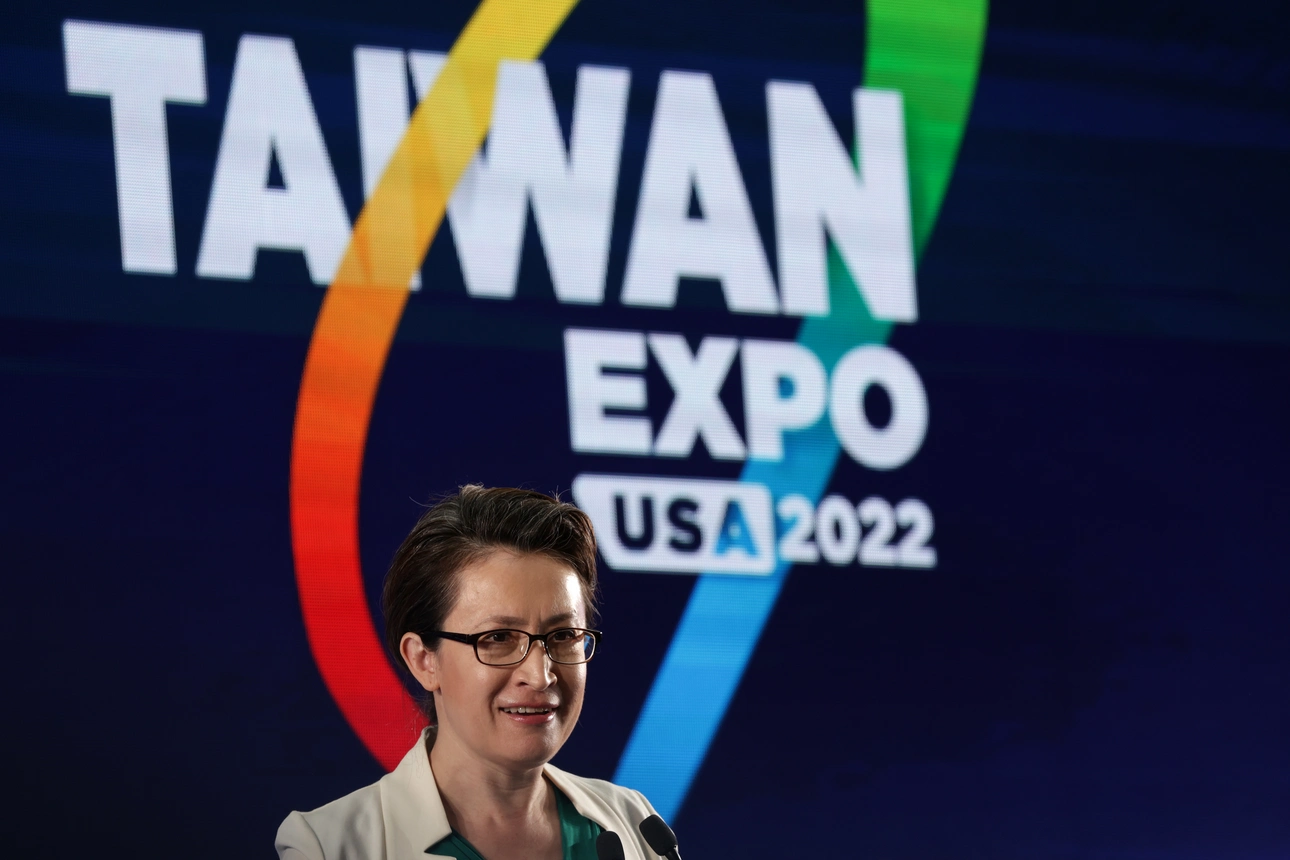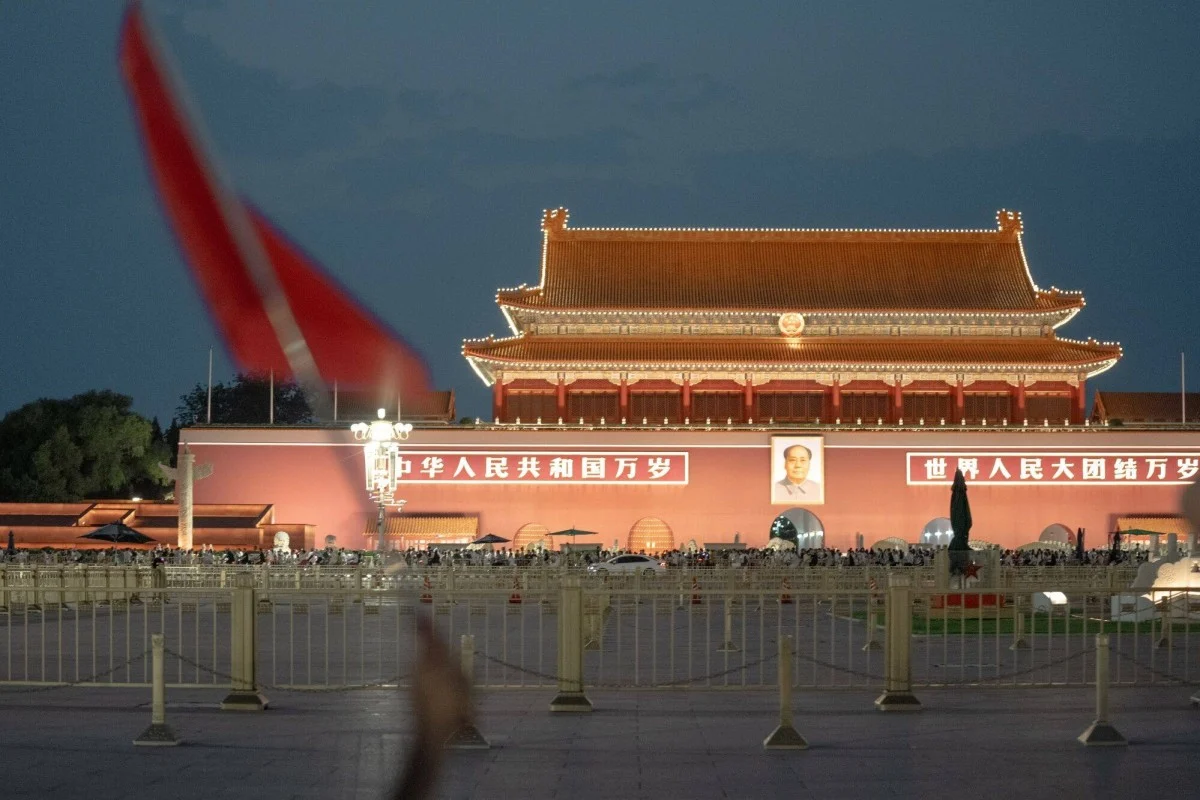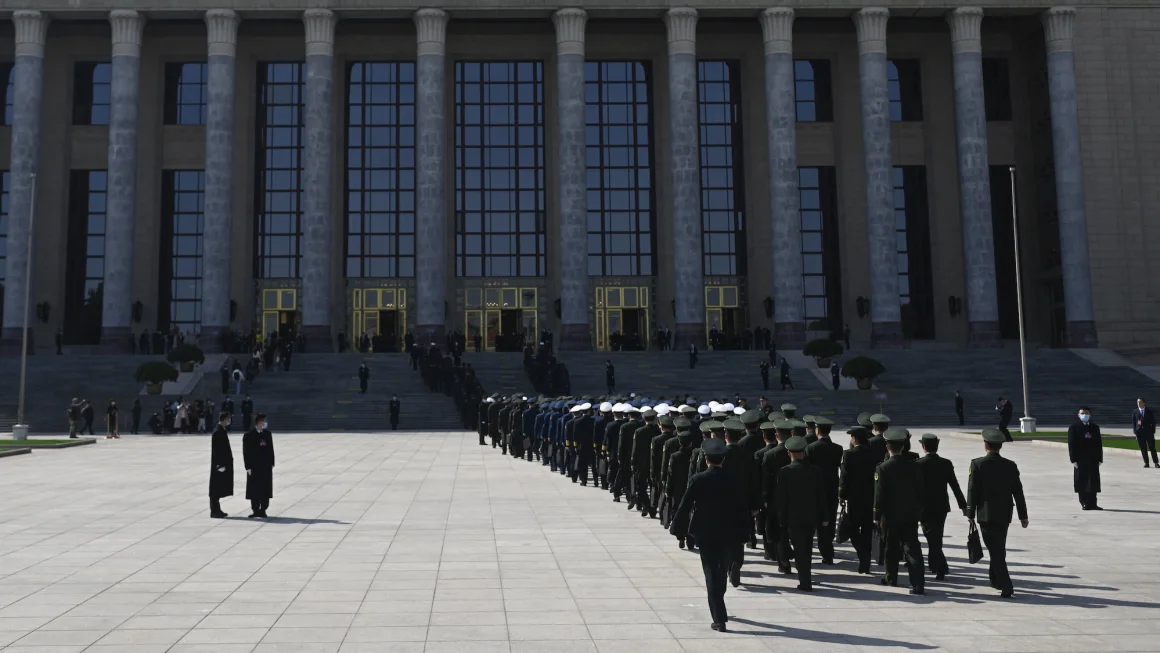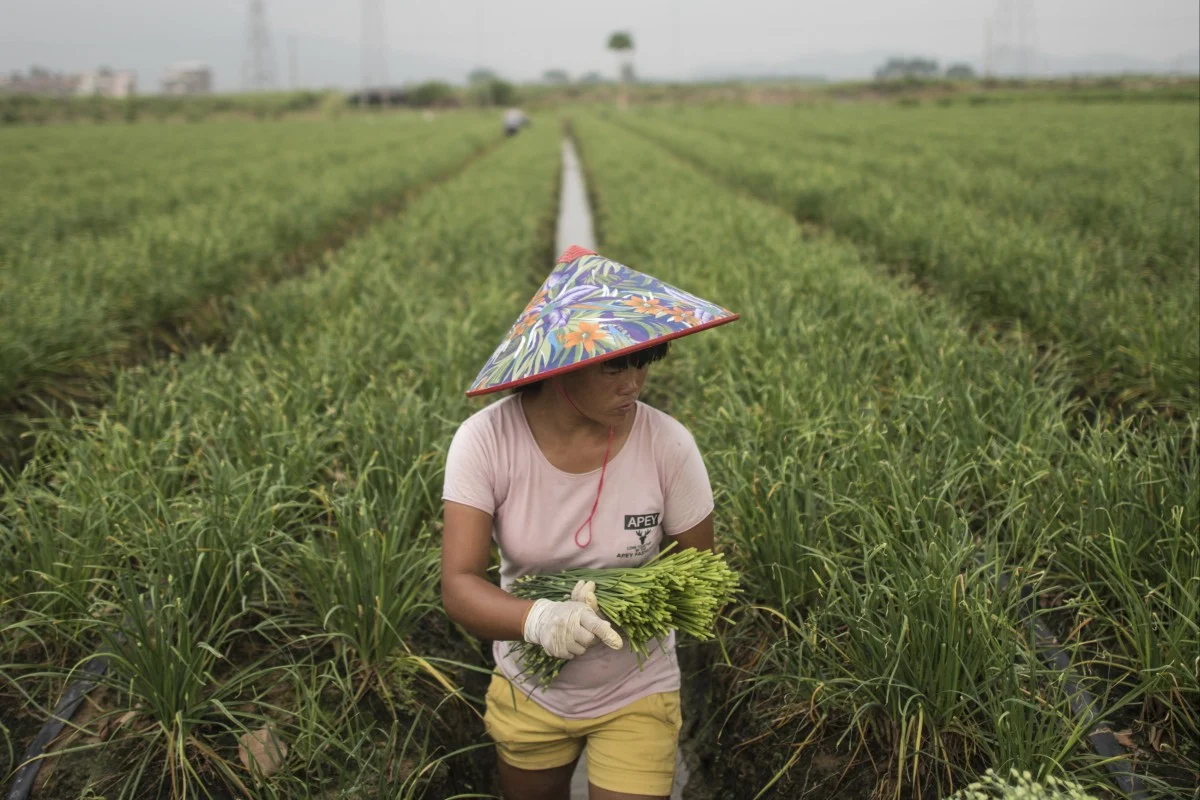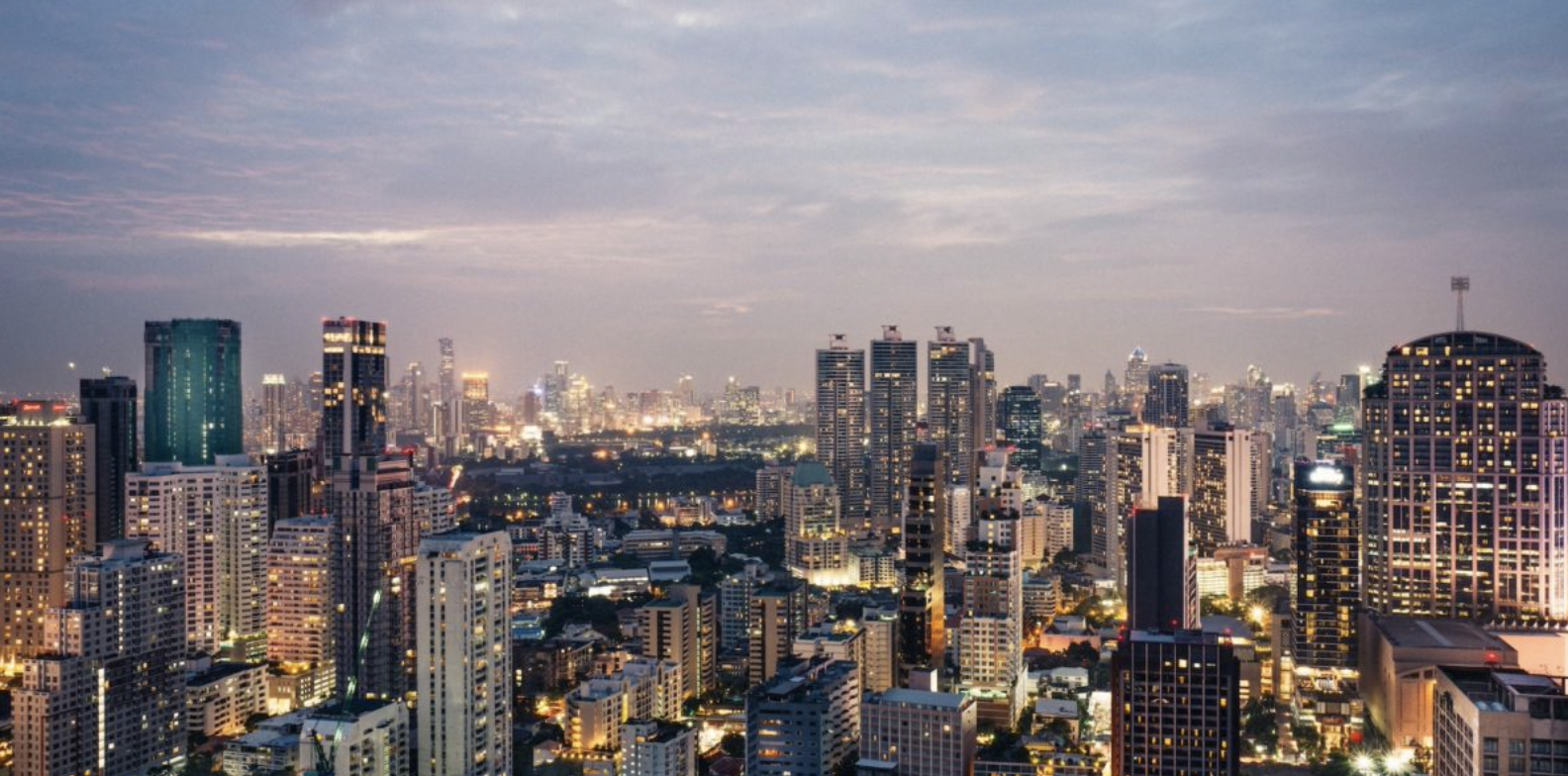Essay: The Continued Occupation of Western Sahara (May 1, 2024, Pulitzer Center)
Western Sahara has been occupied by the Kingdom of Morocco for nearly half a century. Throughout the pandemic, Morocco weaponized COVID-19 as yet another tool in its arsenal to violently repress Sahrawi independence activists, with ramifications palpable throughout Western Sahara to this day.
South Korea to deploy 'StarWars' lasers against Pyongyang's drones (July 12, 2024, The Japan Times)
The new laser weapons — dubbed the "StarWars Project" by South Korea — are invisible and noise-free, require no additional ammunition, operate solely on electricity and cost only about 2,000 won ($1.45) per shot, according to the Defense Acquisition Program Administration (DAPA).
Migrants flock to Libya despite lack of law and order (July 12, 2024, Deutsche Welle)
The raid by the uniformed Libyan security forces came out of the blue. On Wednesday morning, officers stormed into a coffee shop in the coastal town of Zuwara, near the Tunisian border, where a group of migrants was waiting for potential employers. The men were rounded up, and some were subsequently arrested and taken away, apparently at random.
Orangutan diplomacy: why Malaysia’s scheme is attracting criticism before it starts (May 30, 2024, The Conversation)
Without adopting a comprehensive conservation plan for the animals, Malaysia risks international condemnation that it is gifting orangutans as a reward to major palm oil importers. This could undermine the programme as well as the nation’s image.
Why are Southeast Asian countries looking to join BRICS? (July 4, 2024, Deustche Welle)
Last year, BRICS — an acronym that was originally used to refer to Brazil, Russia, India, China, and South Africa — decided to expand its membership, inviting Egypt, Ethiopia, Iran, Saudi Arabia and the United Arab Emirates to join the bloc. The name for the expanded group has not yet been officially announced, but it could be called "BRICS+."
How Taiwan Conquered U.S. Politics — and Showed Europe How It’s Done (July 6, 2024, Politico)
It was a moment that captured the sophistication of Taiwan’s political outreach in the United States — a determined, yearslong campaign to win over American officials at every level and cement the island’s political standing. Though it is not even recognized as a country, Taiwan holds the status of an all-but-official ally in much of Washington. Europe has much to learn from Taiwan.
War on citizens: How the junta’s VPN ban is strangling communication in Myanmar (June 28, 2024, Global Voices)
Myanmar’s military regime blocked Facebook and other messaging apps following the 2021 coup in a bid to restrict freedom of expression and communication that it believes threatens its rule.
China set for third plenum that could prove a ‘defining moment’ of Xi Jinping era (July 14, 2024, South China Morning Post) (Subscription required)
The Communist Party gathering is expected to outline the general course of economic policy at a time the country is facing major challenges
How ready is China’s military? Dramatic downfall of two defense ministers raises questions (July 1, 2024, CNN)
Their dramatic downfall has exposed deep-rooted alleged deceit in key sectors of Chinese leader Xi Jinping’s military modernization drive despite his decade-long war on graft, raising questions about the country’s combat readiness at a time of heightened geopolitical tensions.
Can a new Chinese law on rural rights finally give women their promised land? (July 7, 2024, South China Morning Post) (Subscription required)
After years of struggle for rural women in China to own land, a new law is set to help clear the path for equal rights in land ownership. On paper, Chinese land ownership is already equal, but in practice, women still struggle against legal loopholes, weak legal enforcement and outdated traditions.

